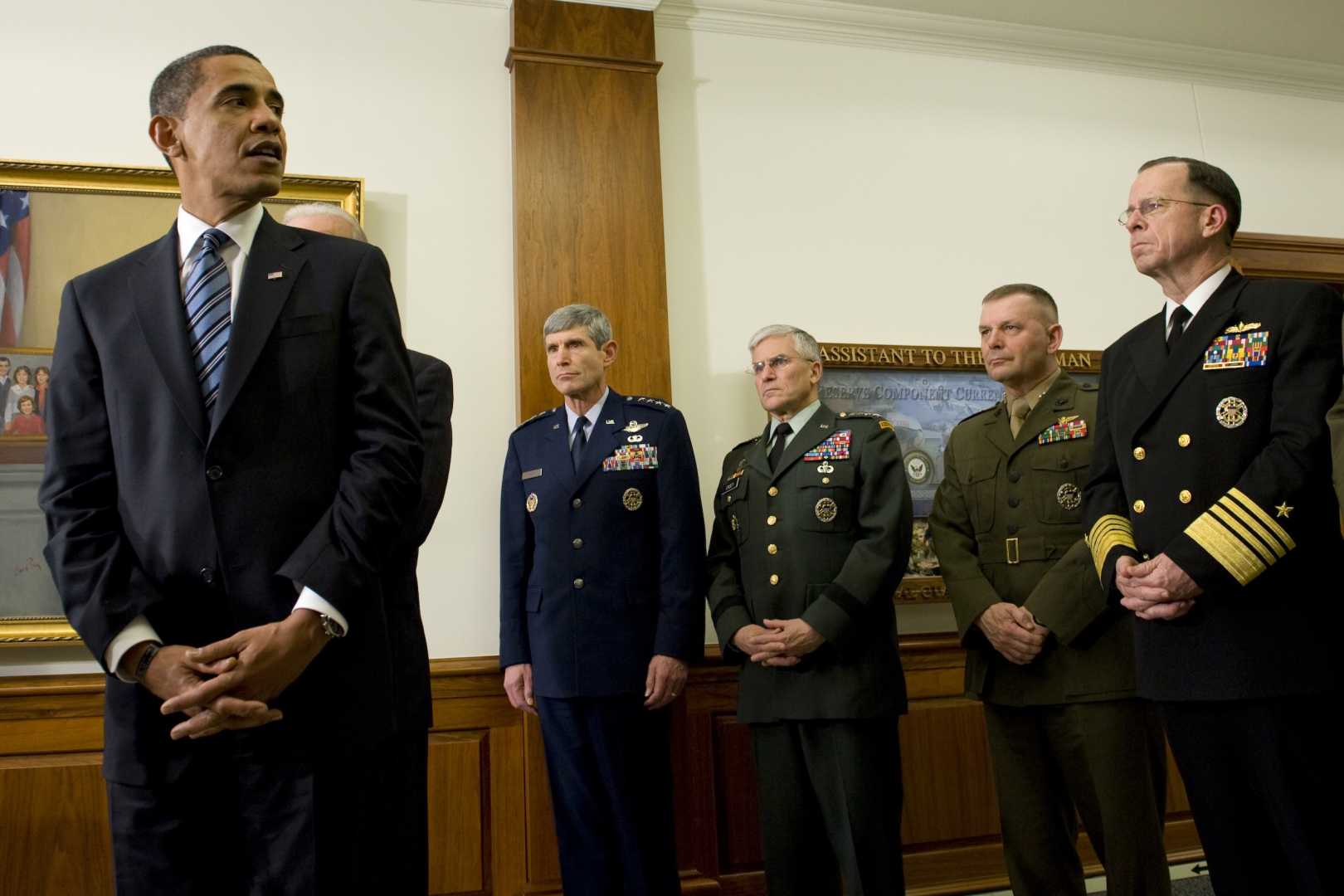Politics
Rumors Emerge of Pentagon Shakeup Amid Allegations of Militarily Motivated Dismissals

WASHINGTON, D.C. — Speculation has intensified regarding a potential reshuffling of military leadership within the Pentagon, with reports suggesting that high-ranking officials may soon be removed from their posts. This discourse arises in light of an evolving political landscape and past precedents set during Barack Obama‘s presidency.
Recent discussions among congressional leaders suggest that Defense Secretary Pete Hegseth may circulate a list of military generals and admirals slated for dismissal. Although no official list has surfaced, tensions are rising as the tension between the military and the civilian leadership echoes Obama’s earlier term.
President Obama made headlines early in his administration by displacing Army Gen. David McKiernan, thereby becoming the first wartime commander dismissed since General Douglas MacArthur in 1951. McKiernan was reassigned due to a desire for ‘fresh eyes’ in the Afghan war effort, an initiative urged by then-Defense Secretary Robert Gates.
“We have a new strategy, a new mission, and a new ambassador. I believe that new military leadership is also needed,” Gates stated at a news conference shortly after the replacement.
Several other notable shifts occurred during Obama’s presidency. After McChrystal advocated for a troop buildup in Afghanistan and subsequently made disparaging comments about White House officials, he was replaced by Gen. David Petraeus. The turnover also included Gen. James Mattis, who had a contentious relationship with Obama when discussing military strategy regarding troop withdrawals from Iraq.
Gates later noted in his memoir that Vice President Joe Biden‘s objections to military strategies contributed to a rift between military leadership and the administration. “I thought Biden was subjecting Obama to Chinese water torture, every day saying ‘the military can’t be trusted,’” Gates wrote.
Amidst the current speculation, early indications of Hegseth’s actions are drawing parallels to Obama’s controversial decisions regarding military leadership. A recent military reform initiative could further deviate from previous norms if dismissals proceed without sufficient justification to Congress.
In 2012, the Navy relieved Rear Adm. Charles M. Gaouette over accusations of poor leadership regarding the Benghazi incident, though speculation suggested the dismissal was politically motivated.
Obama also faced backlash over military drawdowns, which critics argue resulted in stronger positions for extremist groups like ISIS. Some called it a misguided reorientation of U.S. military efforts.
As the Pentagon recent discussions flash with deeper undercurrents, the State Department confirmed early rumors of a revaluation of military appointments and strategies which could transform traditional roles as future procedural adjustments loom over the U.S. military.
As allegations of politically motivated dismissals circulate, military officials remain vigilant. The committees overseeing military personnel have indicated they will seek further clarification regarding any forthcoming changes before the situation escalates.












